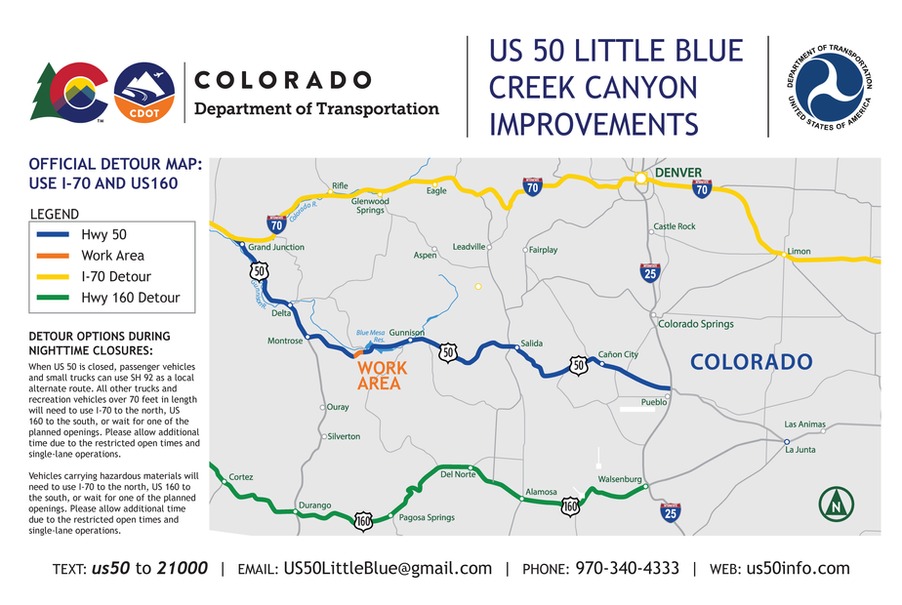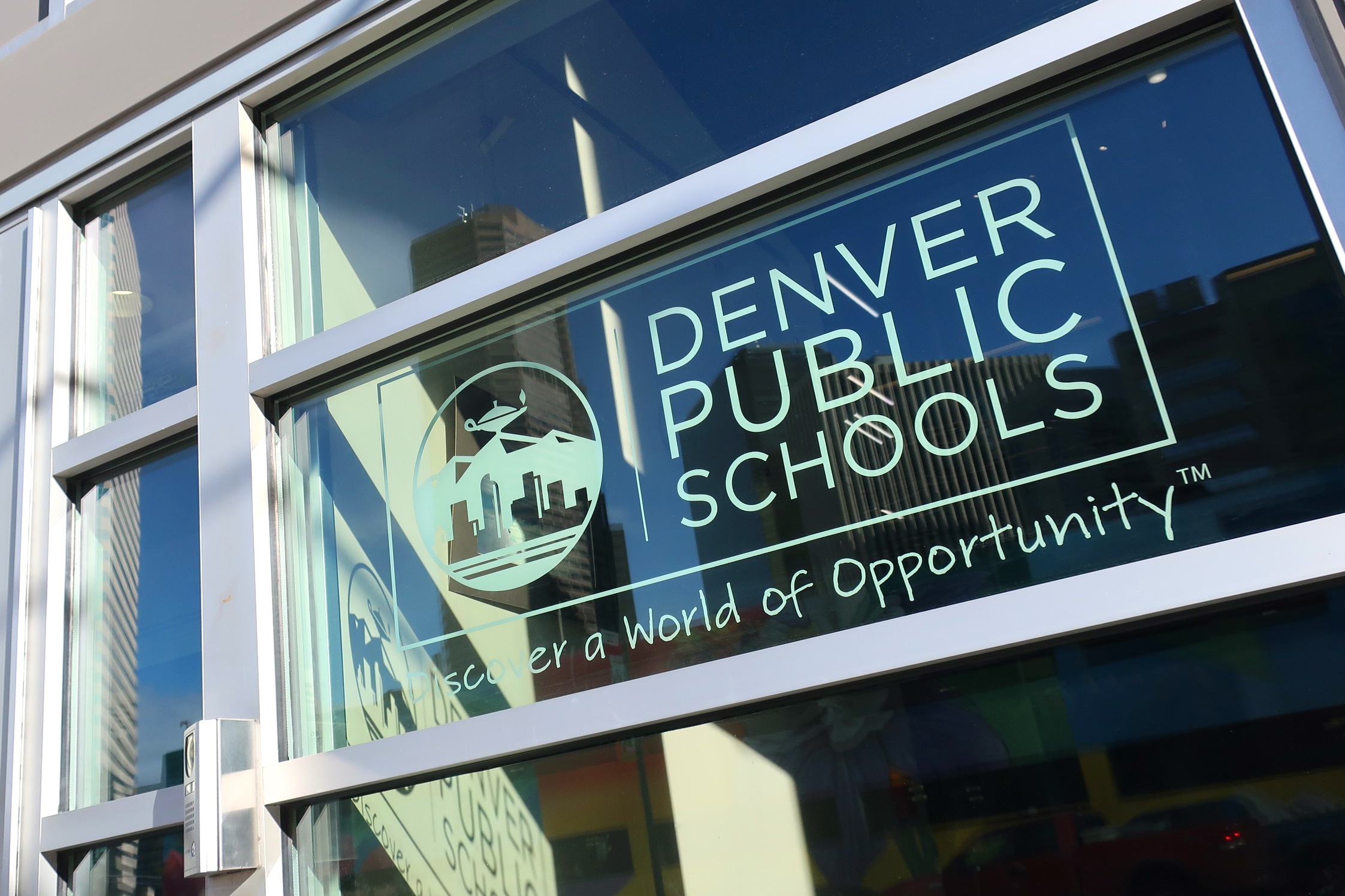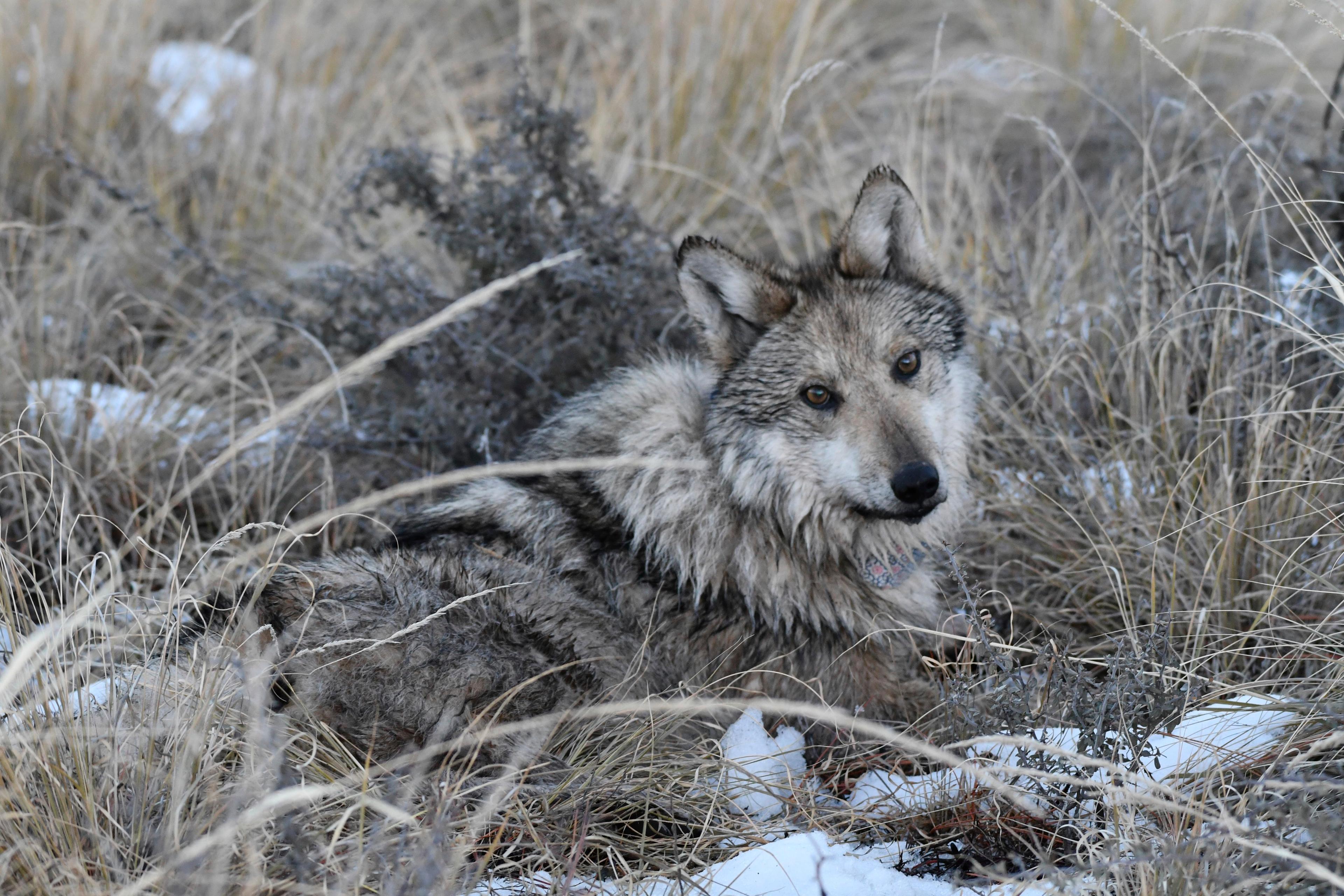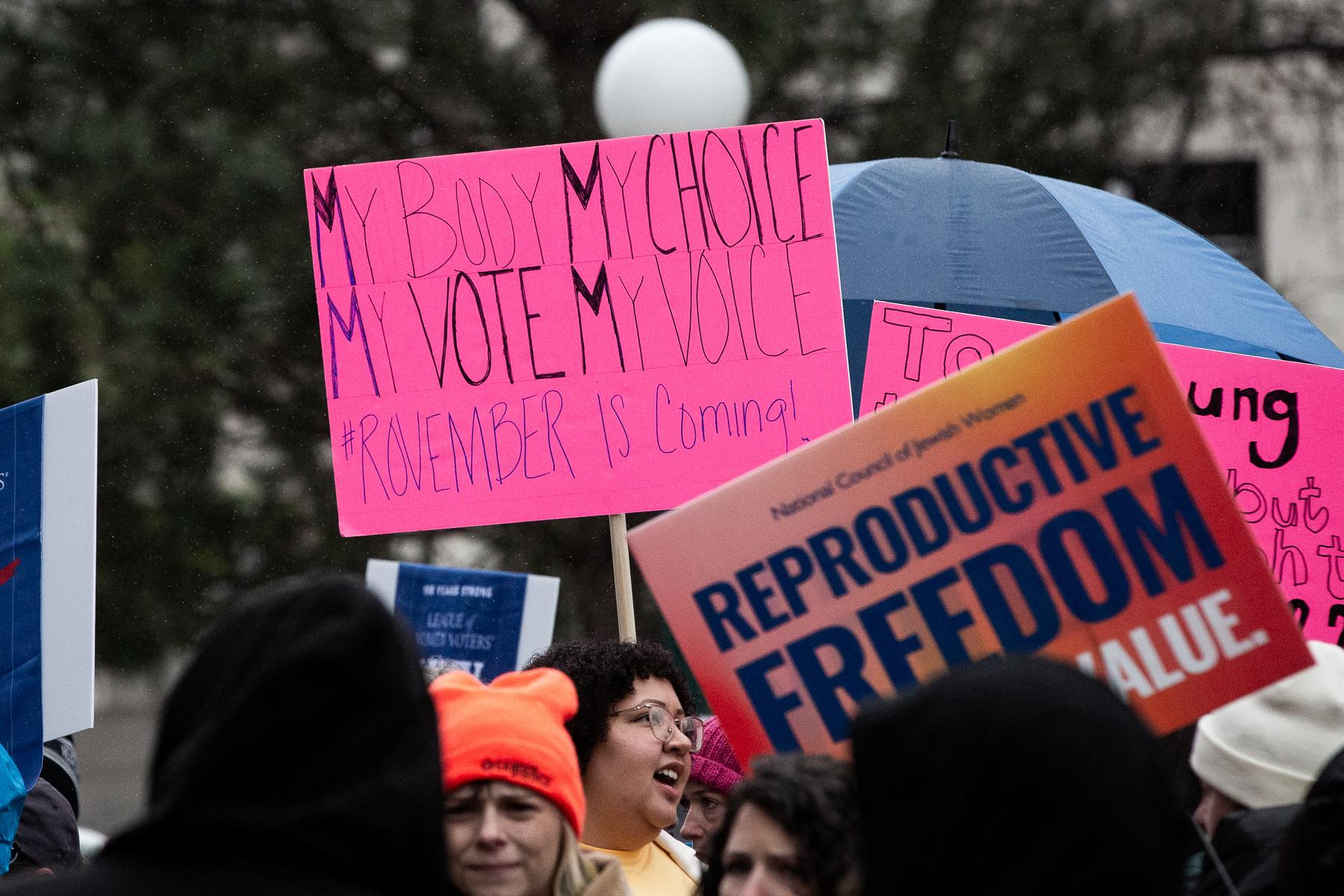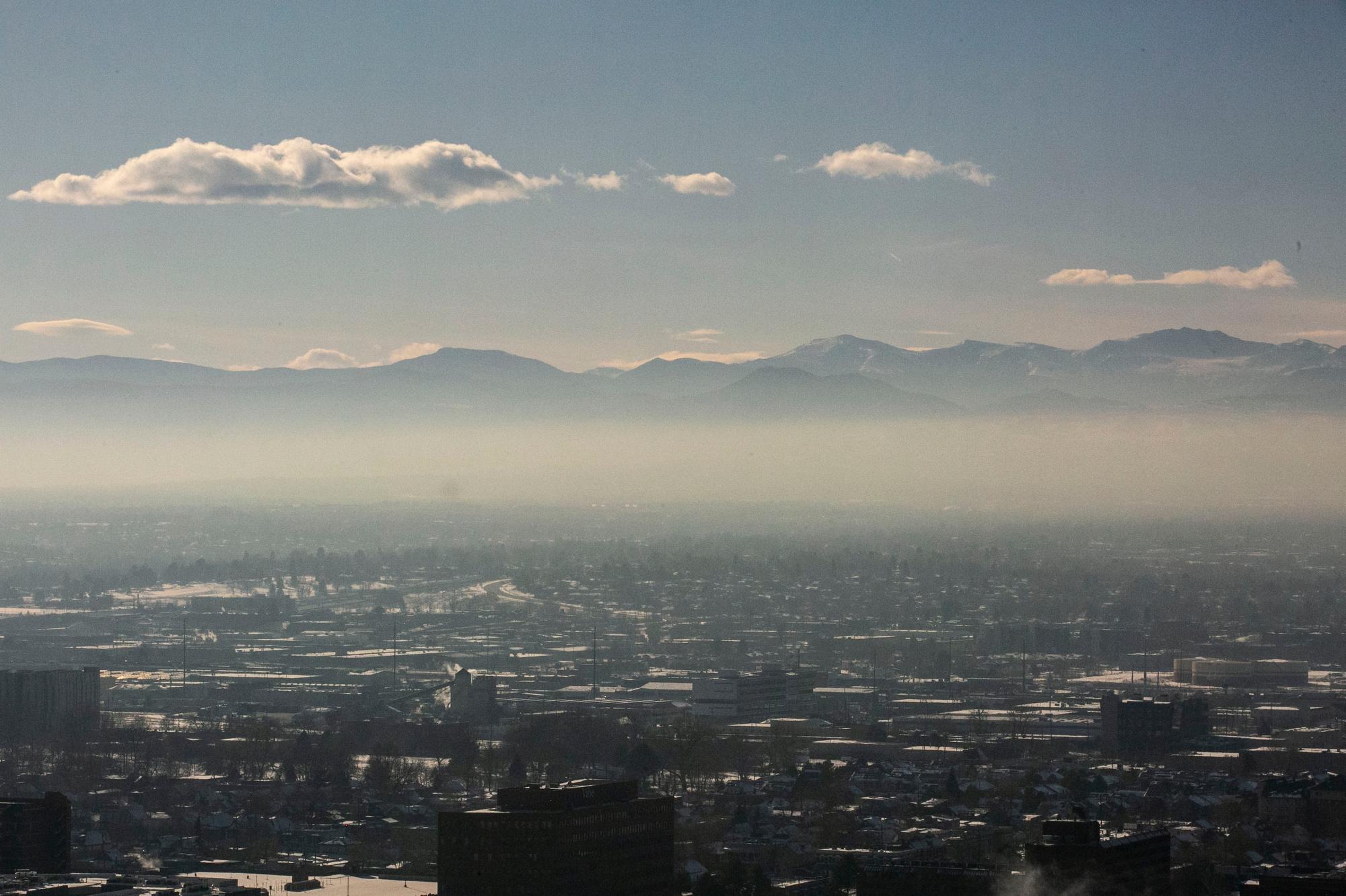
After repeated summers of wildfire smoke and smog forcing people inside, Colorado Democrats announced a broad legislative package Thursday designed to clear the air across the state.
The centerpiece of the package is Senate Bill 22-193, a $124 million proposal that includes new incentives to accelerate the state’s shift to cleaner forms of manufacturing and transportation. Under the legislation, the state would establish new grant programs to offset the cost of new electric school buses, e-bikes and cleaner trucks. Additional provisions would bolster state efforts to monitor and regulate air pollution sources, including oil and gas wells.
"I refuse to have one more generation grow up with poor quality. We need to take this opportunity and that's what we're going to do today," said Colorado Senate President Steve Fenberg at a press conference.
The announcement comes as Colorado's Front Range grapples with the return of the same pollutants behind the region's infamous "brown cloud," a layer of haze that hovered over metro Denver in the 1970s and 1980s. Air pollution gradually improved thanks to new fuel standards and the federal Clean Air Act, but economic growth and climate change are fueling an air pollution comeback.
Last summer, Colorado's Front Range experienced its worst ozone season in more than a decade. State regulators issued 65 health alerts for the pollutant for the region, advising residents to stay indoors and limit exercise to avoid the lung irritant. Smoke from wildfires added dangerous particulate matter to the mix.
To address the issue, Colorado lawmakers plan to offer financial incentives to help consumers, local governments and corporations limit local air pollution sources.
Gov. Jared Polis has zeroed in on electric school buses as a critical technology to help children breathe cleaner air. The central legislation includes $65 million to help school districts purchase zero-emission buses, which he acknowledged are more expensive than traditional diesel buses. The advantage is those same buses are often cheaper to fuel and maintain.
"By making this state investment and helping to cover some of those upfront costs, the ongoing savings will be able to be recognized by school districts," Polis said.
What's included in the proposals?
Polis first outlined the broad strokes of the air quality package in his November budget request. At the time, he called for $150 million for electric school buses, significantly more than the investment detailed in the final bill.
The governor said lawmakers slashed the appropriation after learning an additional $80 million could be coming from the federal government due to the recent bipartisan infrastructure bill.
Here's a breakdown of other pieces of the main air quality investment legislation.
- $25 million for voluntary projects to reduce industrial pollution. The Colorado Energy Office would issue grants to companies, local government or public-private partnerships for voluntary air quality projects. Potential projects include everything from revamping factories to energy efficiency upgrades to new electric vehicles
- $12 million for electric bikes. The funding would help local governments and non-profit organizations set up new programs for people to buy or share e-bikes. A new rebate program would discount e-bikes for low- and moderate-income households. The size and structure of the rebate program have yet to be decided
- $15 million to replace diesel trucks. The program would discount the cost of replacing medium- and heavy-duty vehicles with cleaner-burning alternatives. Those plans align with the state's recent clean trucking policy, which calls for incentives to help the trucking industry lower emissions
- $7 million for a new oil and gas pollution monitoring program. The Colorado Department of Public Health and the Environment would host a new program to use aerial surveys and ground-based monitors to watch for pollution leaks in the oil and gas industry
- $750,000 for RTD passes for state employees over the coming fiscal year.
The bill represents the largest, but not the only, portion of current legislative efforts designed to improve local air quality, according to Polis and legislative leaders.
Another $24 million proposal would help local transit districts provide free bus and train rides during the summer ozone season. The same bill would fund a $30 million pilot program at the Colorado Department of Transportation to expand ridership of its Bustang service along the Interstate 25 and I-70 corridors.
Other parts of the package, which are still in flux, aim to make buildings more energy-efficient. State Rep. Tracey Bernett, a Boulder Democrat, said she plans to introduce legislation to require a statewide minimum energy code for new buildings starting in 2025.
That same legislation includes $3 million to help local communities update and enforce the new standards. Another $22 million would add incentives for local governments and neighborhood-level efficiency projects, a quarter of which would be set aside for low-income communities.
Colorado's air quality expected to be downgraded
Colorado air regulators have also asked lawmakers to approve funding to beef up their enforcement staff. The request comes as the U.S. Environmental Protection Agency is expected to downgrade the northern Front Range from a "serious" to "severe" violator of federal ozone standards, which will trigger tougher state air pollution regulations for industry and private companies.
Lawmakers are working to meet the request. The recent budget package introduced by the legislature this week includes $43.5 million to boost air quality efforts inside the Colorado Department of Public Health and the Environment.
State Sen. Chris Hansen, a Denver Democrat and a member of the joint budget committee, said that should be enough to add 106 full-time employees to the Colorado Air Pollution Control Division in the next two fiscal years. About 80 percent of the total would be permanent hires, according to state budget documents.
"We're operating in a situation where most folks across the aisle don't even think climate change is a problem, don't even think air quality is a problem," Hansen said during the press conference. "We have to do better, and we're going to deliver for the people of Colorado."

